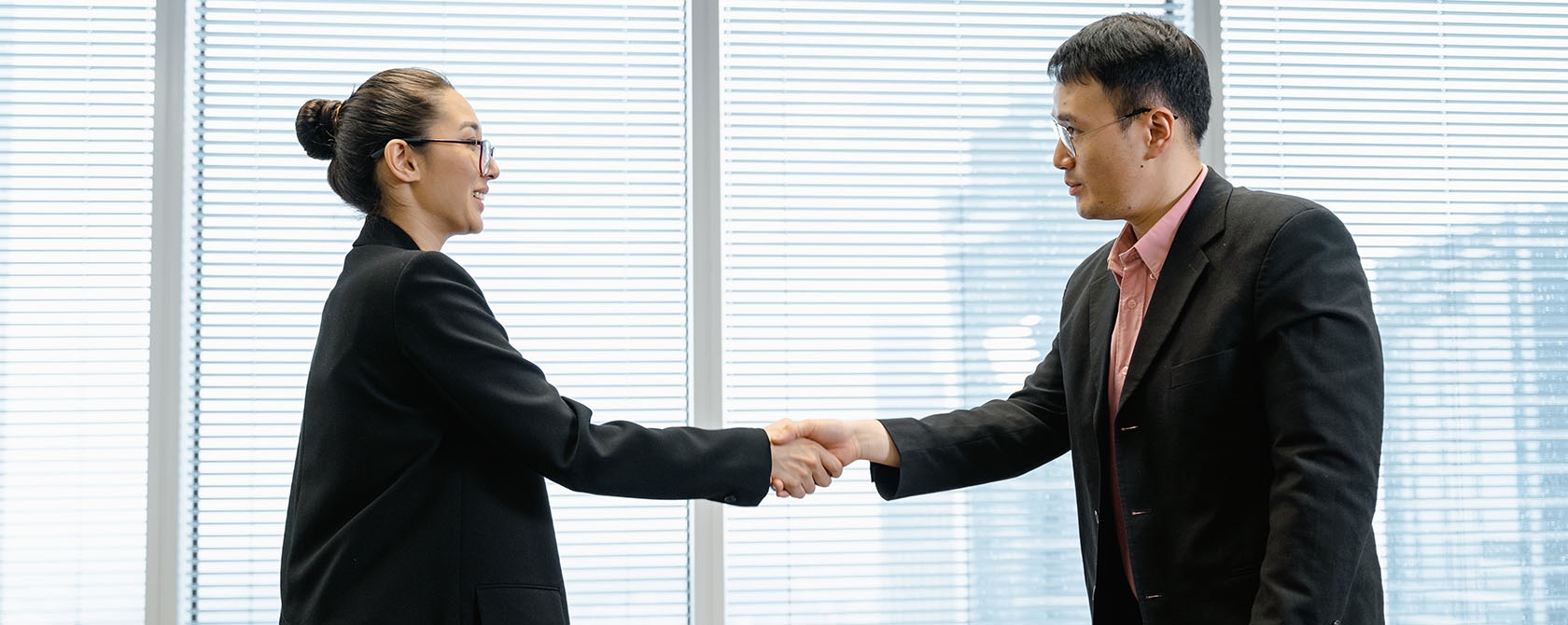Understanding Cultural Etiquette in Warsaw
When visiting Warsaw, understanding the local customs and etiquette can greatly enhance your experience. Warsaw, the capital of Poland, is a city rich in history and culture, and knowing how to navigate social interactions can help you connect more deeply with its people. Here’s a guide to help you understand the cultural etiquette and polite behavior expected in Warsaw.
Greetings and Social Interactions
In Warsaw, greetings are an important part of social interactions. When meeting someone for the first time, a firm handshake is the standard greeting. It’s polite to maintain eye contact during the handshake, as this shows respect and sincerity. When addressing someone, use their title and last name until you are invited to use their first name. This is particularly important in professional settings.
In more casual settings, such as meeting friends or family, a kiss on both cheeks is a common greeting among people who know each other well. However, it’s best to wait for the other person to initiate this gesture. Poles are generally warm and hospitable, so don’t be surprised if you’re invited to someone’s home. If you are, it’s customary to bring a small gift, such as flowers or chocolates, as a token of appreciation.
Dining Etiquette
Dining in Warsaw can be a delightful experience, but it’s important to be aware of the local dining etiquette. When invited to a Polish home for a meal, it’s polite to arrive on time. Being punctual is a sign of respect. Once at the table, wait for the host to indicate where you should sit. It’s customary to wait for the host to start the meal with a toast or a simple “smacznego,” which means “enjoy your meal.”
When dining, keep your hands visible on the table, but avoid resting your elbows on it. Use utensils for most foods, and remember that the fork is held in the left hand and the knife in the right. If you’re offered a second helping, it’s polite to accept, as this shows appreciation for the host’s efforts. At the end of the meal, it’s customary to thank the host for their hospitality.
Public Behavior and Communication
In public spaces, Poles value politeness and respect. When using public transportation, it’s courteous to offer your seat to the elderly, pregnant women, or those with disabilities. Speaking in a moderate tone is appreciated, as loud conversations can be considered disruptive. When visiting museums, churches, or other cultural sites, dress modestly and follow any posted guidelines.
When communicating, Poles appreciate directness and honesty. However, it’s important to be tactful and avoid controversial topics such as politics or religion unless you know the person well. If you’re unsure about something, it’s perfectly acceptable to ask questions, as this shows your interest in learning about the culture.
